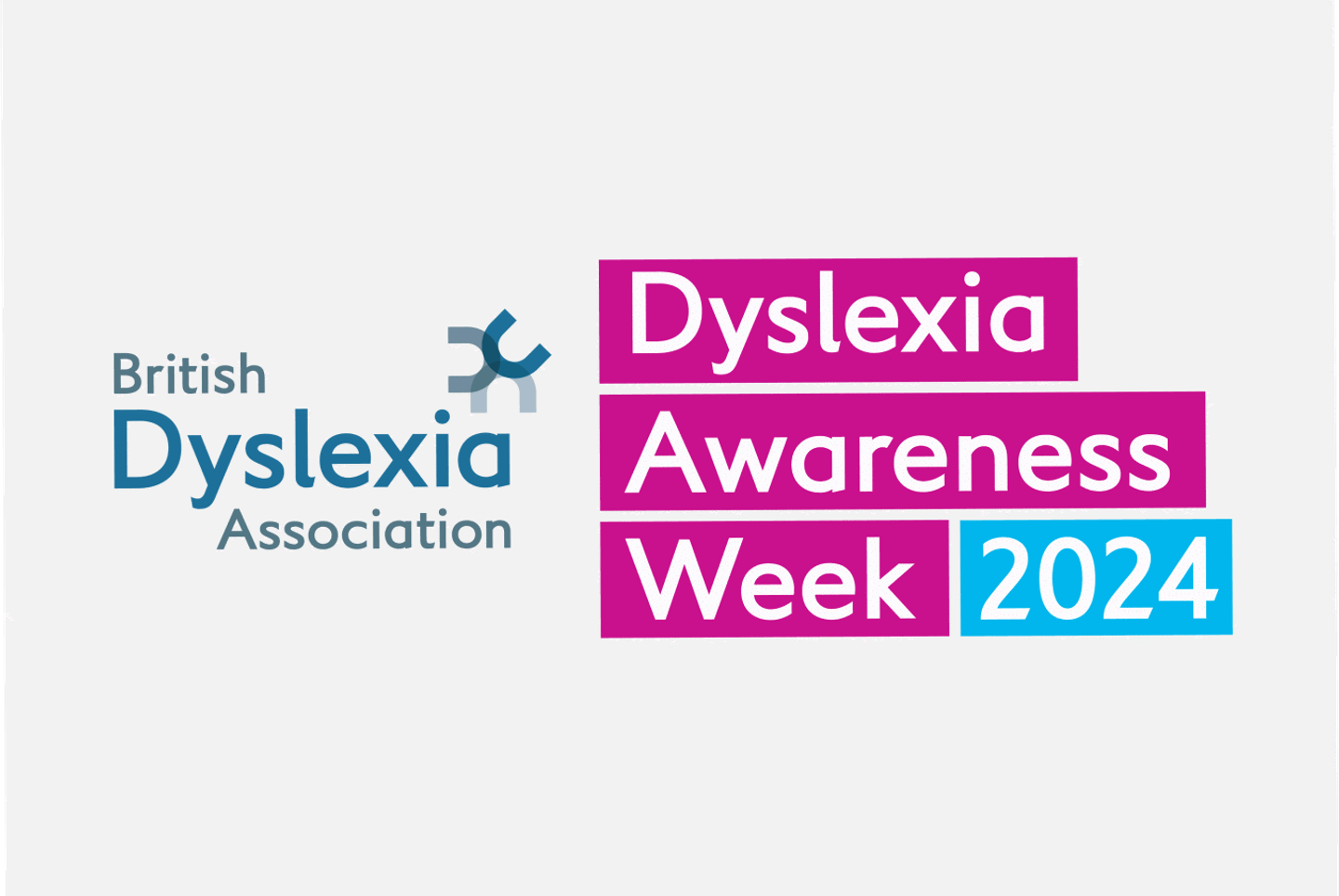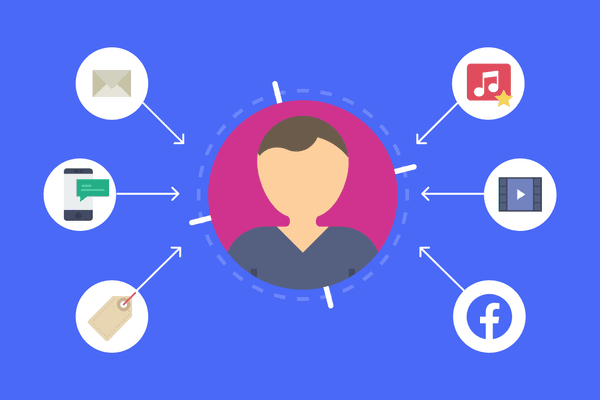Dyslexia Awareness Week- breaking down barriers and squashing stigmas
Written by Emma King
This Dyslexia Awareness Week I am going to be shining a light on my journey of living and working with dyslexia.
Dyslexia is a learning difficulty which primarily affects reading and writing skills. Dyslexic people may have difficulty processing and remembering information they see and hear, which impacts their learning.
What most people don’t know is that other areas of someone’s life can also be impacted, such as coordination, maths, timekeeping, organisational skills and memory.
This article has been assigned the following categories: Inclusivity and diversity,

Education
The impact it has had on me in terms of education was a battle in my early years and I was considered lazy and disruptive. I got statemented in primary school and my parents supported me with a tutor for my SATS exams. Even with this information, my secondary school never acted on this or provided support.
During classes, I would talk because I needed someone who was sitting next to me to help me or give me the answers. I was constantly yelled at and told “You’re not listening if you don’t understand.”
It wasn’t until I got into college and received support that I excelled in my education. I finished college with Distinction* across the board and then went on to graduate with a degree in American Theatre Arts with Honours. I was a few marks off a 1st and to date this is my proudest achievement.
I achieved this through perseverance and understanding how I best absorb information to help me learn lines, write essays and sit through classes. I am a visual learner, which means if I listen and watch anything I take the information in very quickly and can remember a lot more.
If I sit in a classroom for hours being spoken at with textbooks with tiny writing, it just doesn’t go in, and I am frustrated and mentally exhausted.
Due to this, I took all my exams on a computer as I am a very fast typer and slow at writing by hand. I would be given extra time for exams as I would have to re-read questions. I also read better with a large font and reading text written on a blue background.
Grammar is not my strongest point and sometimes I have to re-read something I have written ten times over. Maths is the subject I struggle with the most: my brain just can't process anything, and I become flustered. Thank goodness for phones!
“6 million people in the United Kingdom have dyslexia and it affects about 7% of people worldwide.”
Growing and understanding
Creativity is my strong point, and my brain is always coming up with ideas on how best to amplify a brand or how to target a client's demographic in a catchy way. Trying to get out what I want to say can sometimes be a challenge, especially when you know the words you want to say but can’t articulate them.
When I decided to change my career plan and step into social media and marketing, I knew it was a big decision, as I would have to retake my maths at 34 and take countless exams and read endless amounts of information. I was supposed to have the course adapted for me and was let down and this never happened. This meant I ended up taking longer to finish my course and had no support and I nearly gave up, but I didn’t and graduated with a 1st in Digital Marketing.
In my current role, I have such variety, and my dyslexia is never considered a negative. Various opportunities have helped me expand my learning, such as writing blog posts. This has allowed me to research a variety of topics and express my own opinions and knowledge.
Editing content through the eyes of someone with a learning disability is also helpful for Scaramanga, due to their focus on inclusion and accessibility.
The term “learning disability” is one that I am not very keen on, and I look at it as we “think differently” and to me, that is never a negative.
Going forward
If you have read this article and it resonates with you, but you haven’t been statemented for dyslexia, then spend some time looking at online resources and see how to best help you. There is only a positive in this and will help you going forward in life.
Understanding yourself when it comes to learning and developing is important, as everyone is different.
Top tips to help you develop
- Ask for extra time on exams
- Request to take your exam on a computer or laptop
- Read consistently to develop your speech and help mental stimulation, this includes reading out loud
- Discover how you best absorb information
- If you’re a visual learner and want to understand something, YouTube is great
- Write to-do lists so you don’t get frazzled
- Express yourself in different ways, whether that’s painting, writing or creating something visually
- Never be afraid to be unapologetically yourself and don’t let anyone tell you that you can’t do something!


